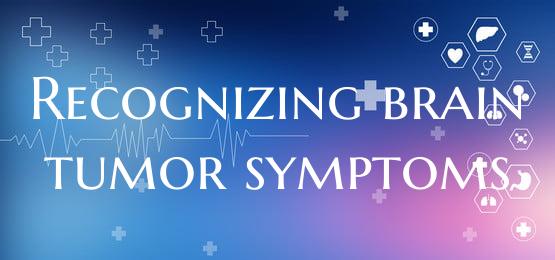
Recognizing brain tumor symptoms
Recognizing Brain Tumor Symptoms: A Guide to Understanding Early Warning Signs
Brain tumors can be a serious health concern, and early detection is crucial for effective treatment and positive outcomes. Understanding the symptoms associated with brain tumors can help individuals recognize warning signs and seek medical attention promptly. While not all symptoms may indicate the presence of a brain tumor, being aware of the following signs can be beneficial in getting a timely diagnosis and appropriate care.
1. Headaches: Persistent or severe headaches, especially those that worsen over time or are accompanied by other symptoms, may warrant further investigation.
2. Visual Disturbances: Blurred or double vision, changes in vision, or the sudden onset of vision problems can be indicative of a brain tumor affecting the optic nerve or brain regions responsible for vision.
3. Seizures: Unexplained seizures, particularly in individuals with no history of epilepsy, should be evaluated as they can be a sign of abnormal brain activity due to a tumor.
4. Cognitive Changes: Memory problems, confusion, difficulty concentrating, or changes in judgment and reasoning may indicate a brain tumor affecting cognitive functions.
5. Personality or Behavior Changes: Mood swings, irritability, personality changes, or uncharacteristic behaviors can sometimes be attributed to the presence of a brain tumor impacting areas of the brain that control emotions and behavior.
6. Weakness or Numbness: Sudden weakness, numbness, or tingling in one side of the body or specific limbs may suggest a brain tumor affecting motor functions.
7. Speech and Language Difficulties: Slurred speech, difficulty finding words, or language problems that develop suddenly or progressively could be related to a brain tumor affecting language centers in the brain.
8. Balance and Coordination Issues: Problems with balance, coordination, and walking, especially if they are new or progressively worsening, may be associated with a brain tumor affecting the cerebellum or other related areas.
9. Nausea and Vomiting: Persistent nausea, vomiting (particularly in the morning), or unexplained changes in appetite may be symptoms of increased pressure within the skull due to a brain tumor.
It is important to note that the presence of these symptoms does not automatically mean a brain tumor is the cause. Many other conditions can also present with similar signs. However, if you experience any of these symptoms, especially if they persist or worsen over time, it is essential to consult a healthcare provider for a thorough evaluation and proper diagnosis.
Early detection and intervention are key in the treatment of brain tumors. Regular health check-ups, prompt reporting of any concerning symptoms, and seeking medical advice when needed can contribute to timely diagnosis and appropriate management of brain tumor-related issues. Remember, your health and well-being are top priorities, and being proactive about your health can make a significant difference in your overall outcome.